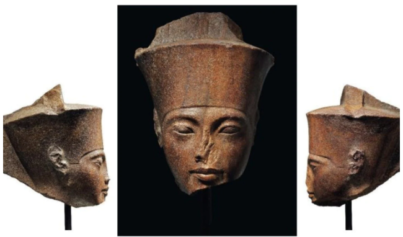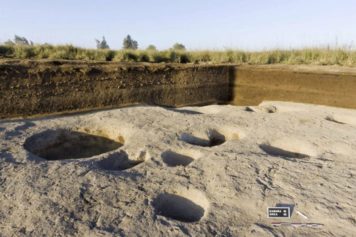Despite weeks of protests, opponents of Egypt’s new Islamist constitution failed to prevent its passing by a large margin. The new constitution gained the support of 64 percent of Egyptian voters according to Reuters, prompting President Mohamed Morsi to formally approve the document on Tuesday night. Opponents of the new constitution have argued that it could steer the new government back into the realm of dictatorship, and compromise many of the rights Egyptians won in the Arab Spring of 2011.
Egypt’s Christian minority has been one of the most outspoken dissenting groups in the country, concerned that a Muslim dominated parliament and Islamic constitution could lead to persecution. Morsi ran for president as the candidate of the Muslim Brotherhood, a fundamentalist Islamic group. The Morsi led government has argued that a united government system working under Islamic principle would bring greater stability, and allow to the country to work through its ongoing economic turmoil.
“The government calls on the people not to worry about the country’s economy,” Parliamentary Affairs Minister Mohamed Mahsoub said during a speech to the upper house. “We are not facing an economic problem but a political one and it is affecting the economic situation. We therefore urge all groups, opponents and brothers, to achieve wide reconciliation and consensus.”
Morsi and his officials maintain that the country’s recent credit downgrade and the decreasing value of the Egyptian pound are the result of political uncertainty. The pound is approaching an all-time low in value against the U.S. dollar, reaching 6.1775 on Wednesday. The country has received a $4.8 billion loan from the International Monetary Fund.
Following the vote on the constitution, protests have ended. As the violence subsides, Egypt must prepare for the election of a new lower house of parliament in about two months’ time, leaving the Islamic majority in the upper house with full legislative powers until that election.


